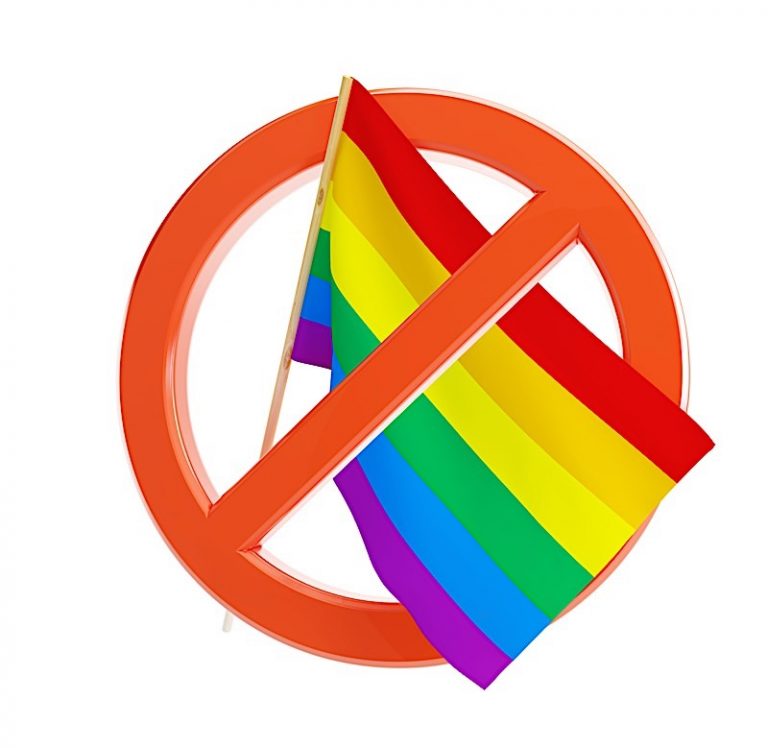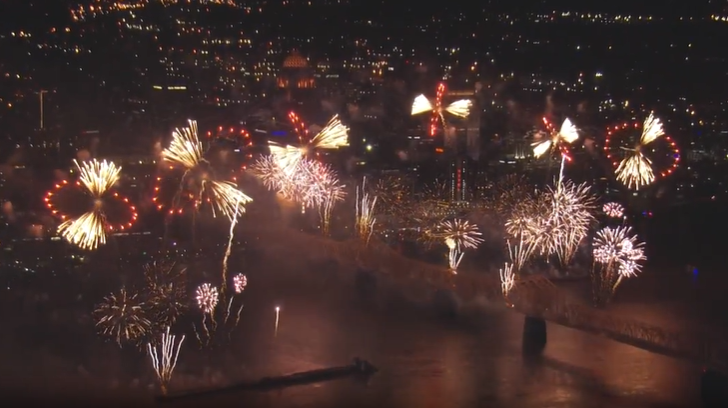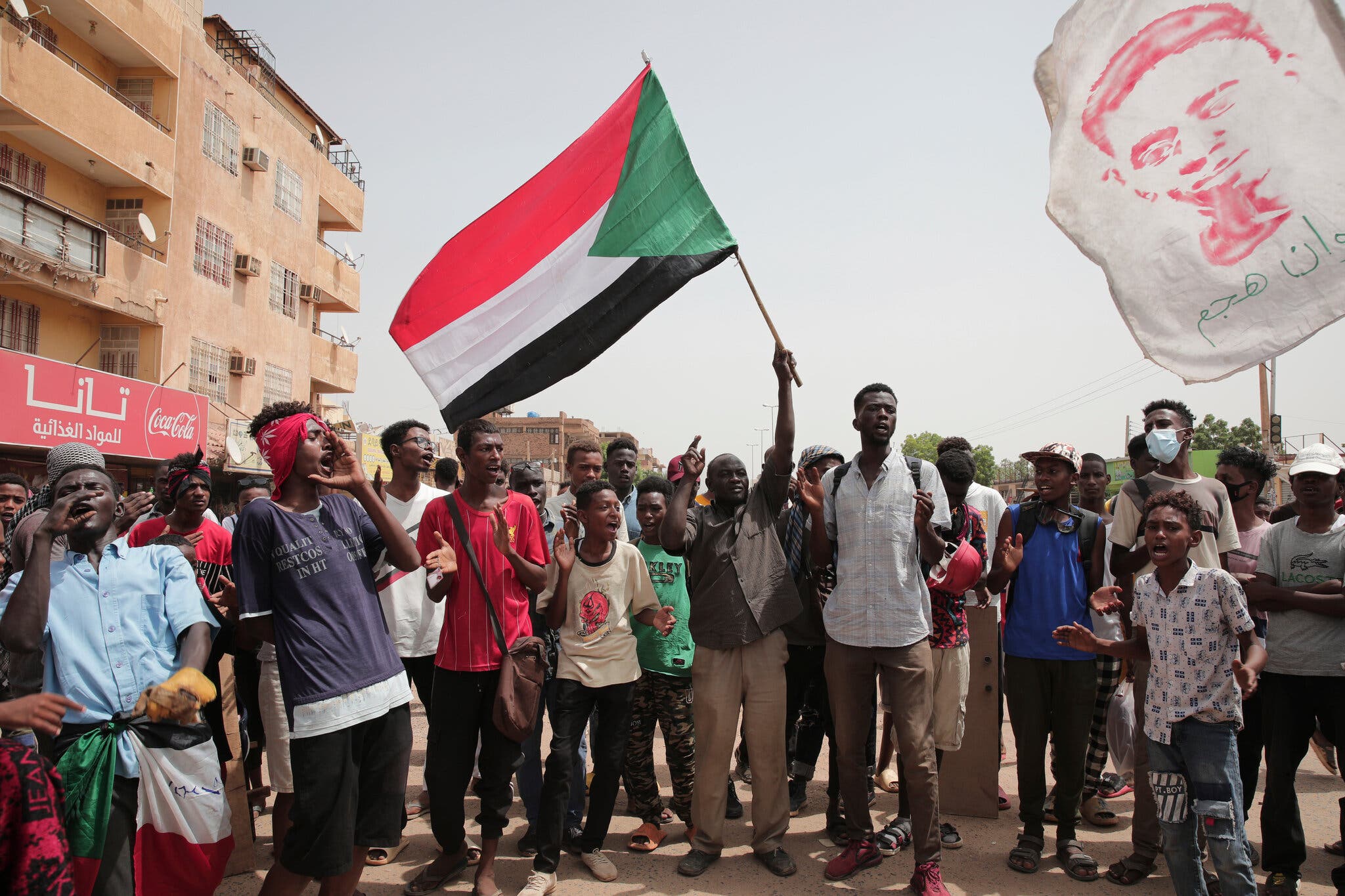Ban On Pride Flags Sparks Eurovision Controversy

Table of Contents
The Specifics of the Ban
The ban on Pride flags at the Eurovision Song Contest, specifically targeting rainbow flags and transgender flags, was imposed by [Country Name]. While the official statements cited [State Reason for Ban, e.g., "concerns about public order" or "adherence to national religious norms"], many believe the true motivation lies in [Underlying Political or Social Motivation, e.g., "a crackdown on LGBTQ+ rights" or "appeasing conservative factions"].
- Country: [Country Name]
- Stated Reasons: [List official reasons provided]
- Flags Affected: Rainbow flag, transgender flag, other LGBTQ+ flags.
- Locations: [Specify locations where the ban was enforced, e.g., "the main Eurovision venue," "public spaces near the event," "specific areas within the host city."]
- Official Statements: [Link to official statements or news articles from the country's government or Eurovision organizers]
The ambiguity and lack of transparency surrounding the ban fueled the already simmering discontent. The selective targeting of LGBTQ+ symbols further exacerbated the situation, leaving many feeling marginalized and unheard.
Reactions and Outrage from LGBTQ+ Communities and Allies
The Pride flag ban at Eurovision sparked immediate and widespread outrage from LGBTQ+ communities and their allies worldwide. Protests and demonstrations erupted in various cities, with activists carrying rainbow flags and banners demanding an end to discrimination.
- Protests: [Describe the nature and scale of protests - mention specific locations, notable events, and numbers involved.]
- Statements from LGBTQ+ Organizations: [Quote or paraphrase statements from major LGBTQ+ rights organizations like ILGA-Europe or GLAAD.]
- Boycotts: [Mention calls for boycotts of the Eurovision Song Contest and their potential impact.]
- Individual Testimonies: [Include quotes from impacted individuals or representatives sharing their personal experiences.]
The hashtag #EurovisionPride became a rallying point online, amplifying the voices of those affected and demanding accountability from Eurovision organizers and the host country. The intensity of the reaction underscores the significance of Pride representation and the deep-seated frustration with ongoing discrimination.
Eurovision's Response and Official Statement
Eurovision's official statement [Summarize the official statement - Did they condemn the ban? Offer support to the LGBTQ+ community? What specific actions, if any, did they take?]. The response was met with [Describe public perception - was it considered sufficient? Did it appease critics? Did it further fuel the controversy?].
- Eurovision's Official Statement: [Link to the official statement]
- Actions Taken: [Detail any concrete actions taken by Eurovision. E.g., "A statement of solidarity with the LGBTQ+ community," "Pressure on the host nation to reconsider the ban," "Implementation of new guidelines for future events."]
- Public Perception: [Analyze public reaction and media coverage of Eurovision's response].
The perceived lack of decisive action by Eurovision fueled criticism, suggesting that the organization prioritized neutrality over the protection of fundamental human rights. Many argued that a stronger stance was needed to counteract the discriminatory measures.
Wider Implications and International Reactions
The Pride flag ban at Eurovision didn't remain confined to the contest itself. It garnered significant international condemnation. Several governments and human rights groups issued statements condemning the ban, highlighting the broader implications for LGBTQ+ rights globally.
- International Condemnation: [Mention specific countries, international organizations (UN Human Rights Council, etc.), and their responses.]
- Impact on Host Country's Image: [Analyze the potential damage to the host country's reputation.]
- Global Implications: [Discuss the impact on LGBTQ+ rights in other countries and the potential for similar incidents.]
The incident served as a stark reminder of the persistent challenges facing LGBTQ+ communities worldwide, exposing the fragility of freedom of expression and the importance of international cooperation in advocating for equality.
The Future of Pride Representation at Eurovision
The "Pride flag ban Eurovision controversy" has raised crucial questions about the future of Pride representation at the Eurovision Song Contest. Potential changes might include:
- Policy Changes: [Suggest possible policy changes - e.g., "explicit inclusion clauses in the host city agreements," "guarantees of freedom of expression," "creation of a dedicated LGBTQ+ advisory board"]
- Safeguards: [Propose safeguards - e.g., "independent monitoring of LGBTQ+ inclusion at future events," "establishment of clear guidelines on acceptable forms of expression," "creation of a complaints mechanism"]
- Long-Term Impact: [Analyze the lasting impact of this incident on freedom of expression at Eurovision and beyond.]
The long-term impact will depend on the actions taken by Eurovision organizers, host countries, and international bodies to guarantee LGBTQ+ inclusion and prevent similar incidents from occurring in the future.
Conclusion
The Pride flag ban at Eurovision sparked a significant controversy, highlighting the ongoing struggle for LGBTQ+ rights and freedom of expression. The international outrage, the responses from various stakeholders, and the potential for future policy changes underscore the importance of this issue. The "Pride flag ban Eurovision controversy" serves as a potent symbol of the challenges that remain in achieving full LGBTQ+ equality globally. Learn more about the fight for Pride flag representation at Eurovision and stay informed about the ongoing controversy by following LGBTQ+ rights organizations and supporting their efforts to ensure LGBTQ+ inclusion in global events. Support organizations working to ensure LGBTQ+ inclusion in global events.

Featured Posts
-
 Assams Nrc Cms New Measures For Aadhaar Cardholders Outside The Register
May 01, 2025
Assams Nrc Cms New Measures For Aadhaar Cardholders Outside The Register
May 01, 2025 -
 2024 Thunder Over Louisville Fireworks Show Cancelled Because Of High Water
May 01, 2025
2024 Thunder Over Louisville Fireworks Show Cancelled Because Of High Water
May 01, 2025 -
 German Coalition Deal Sources Predict Agreement By Midday
May 01, 2025
German Coalition Deal Sources Predict Agreement By Midday
May 01, 2025 -
 Luxury Carmakers Face Headwinds In China Beyond Bmw And Porsche
May 01, 2025
Luxury Carmakers Face Headwinds In China Beyond Bmw And Porsche
May 01, 2025 -
 Robinson Nuclear Plant Passes Safety Inspection License Renewal Could Extend To 2050
May 01, 2025
Robinson Nuclear Plant Passes Safety Inspection License Renewal Could Extend To 2050
May 01, 2025
